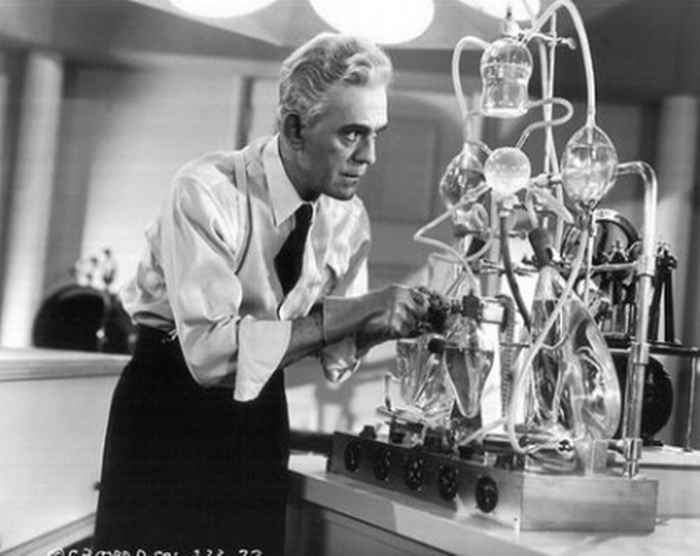The stereotypical image of a scientist influences trust
1 November 2022

Although scientists are respected on the one hand, at the same time almost two-thirds of EU citizens believe that scientists are sometimes unethical in their work and half even believe that scientists have a level of power that makes them dangerous. To explain this contradiction, psychologists from the University of Amsterdam and the University of British Columbia analysed stereotypical ideas about scientists. In a number of experiments, the psychologists asked participants to rate scientists on moral values, to give their opinion on different types of scientists and to share their own image of the ‘typical scientist’.
Scientists are found to be moral but not very friendly
The participants rated scientists as highly competent, not very friendly or warm but with high moral standards. This seems to contradict previous research in which people attributed immoral behaviour to scientists. However, by digging deeper into moral values, the psychologists found a difference between the individual level and collective or institutionalised values. Scientists were regarded as honest and reliable at an individual level, but capable of violating collective values such as respect for authority and hierarchical relationships, or not doing something seen as ‘unnatural’.
Participants were also much more positive about scientists who worked at a university than they were about scientists working in industry. ‘Scientists at a university were regarded as more sociable and competent, with a higher level of morality and driven by curiosity. Scientists in the pharmaceutical industry were felt to be less moral and were regarded as being engaged in satisfying their own desires’, said the researchers.
The ‘typical’ scientist looks like the scientist working in industry
Finally – and rather interestingly – the image that participants had of the ‘typical scientist’ seemed to be the scientist working in industry. ‘People thus tend to regard scientists more as commercially active people who are seeking economic benefits than as employees of the public sector who are striving to gain knowledge.’
The context may explain the contradiction
According to the researchers, their findings endorse the contradiction found in previous research. ‘Although people seem to trust scientists, they also consider scientists capable of immoral behaviour.’ Their findings also reveal how this contradiction is influenced by context and framing. ‘For example, people might trust the working behaviour of scientists but not their personal behaviour. Or their individual norms and values, but not their dealings with collective values. And the major difference in the perception of scientists who work at universities versus those in industry also plays an important role.’
Publication details
Bastiaan T. Rutjens and Esther Niehoff (University of Amsterdam) and Steven J. Heine (University of British Columbia), ‘The (im-)moral scientist? Measurement and framing effects shape the association between scientists and immorality’, PLOS ONE, download the article